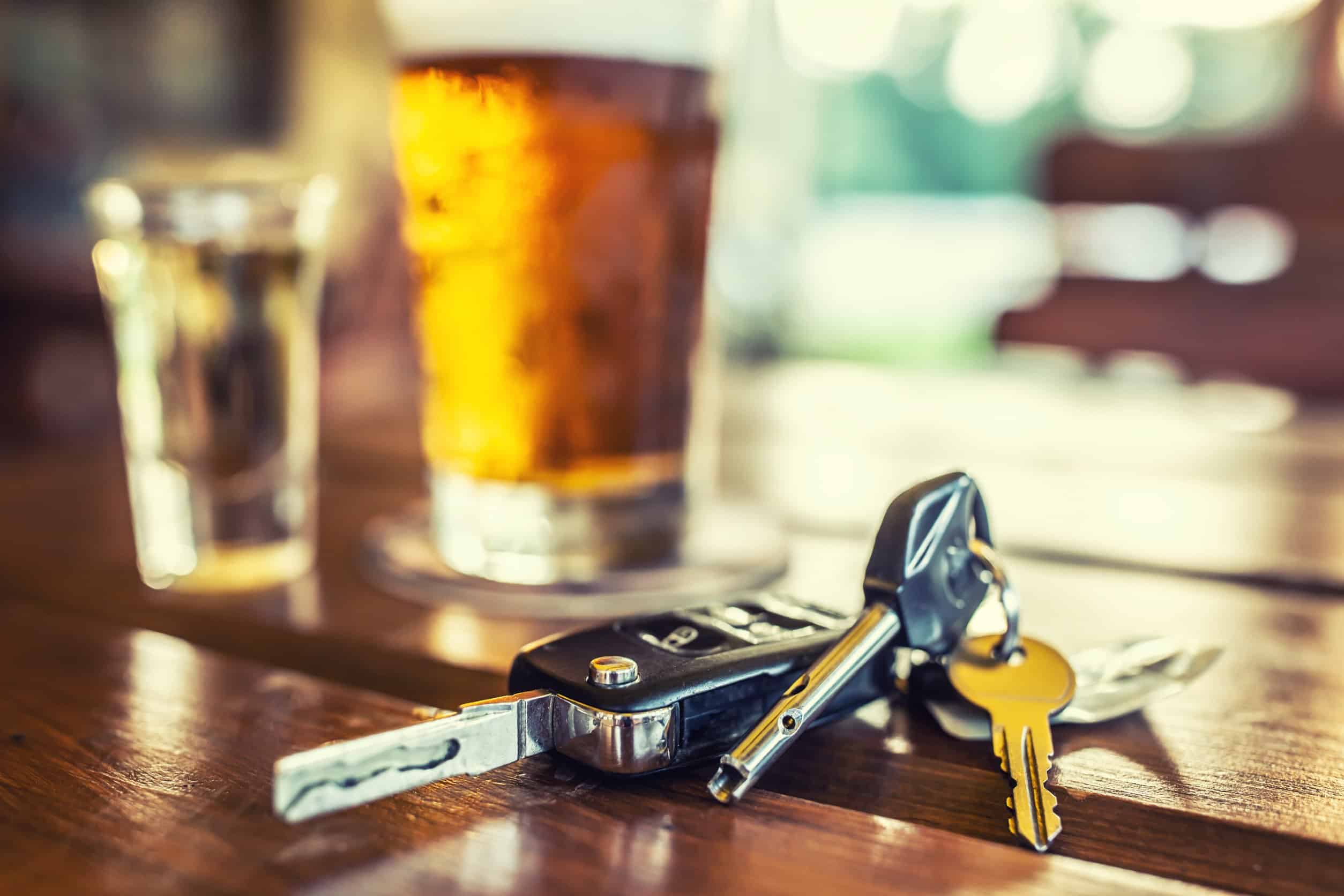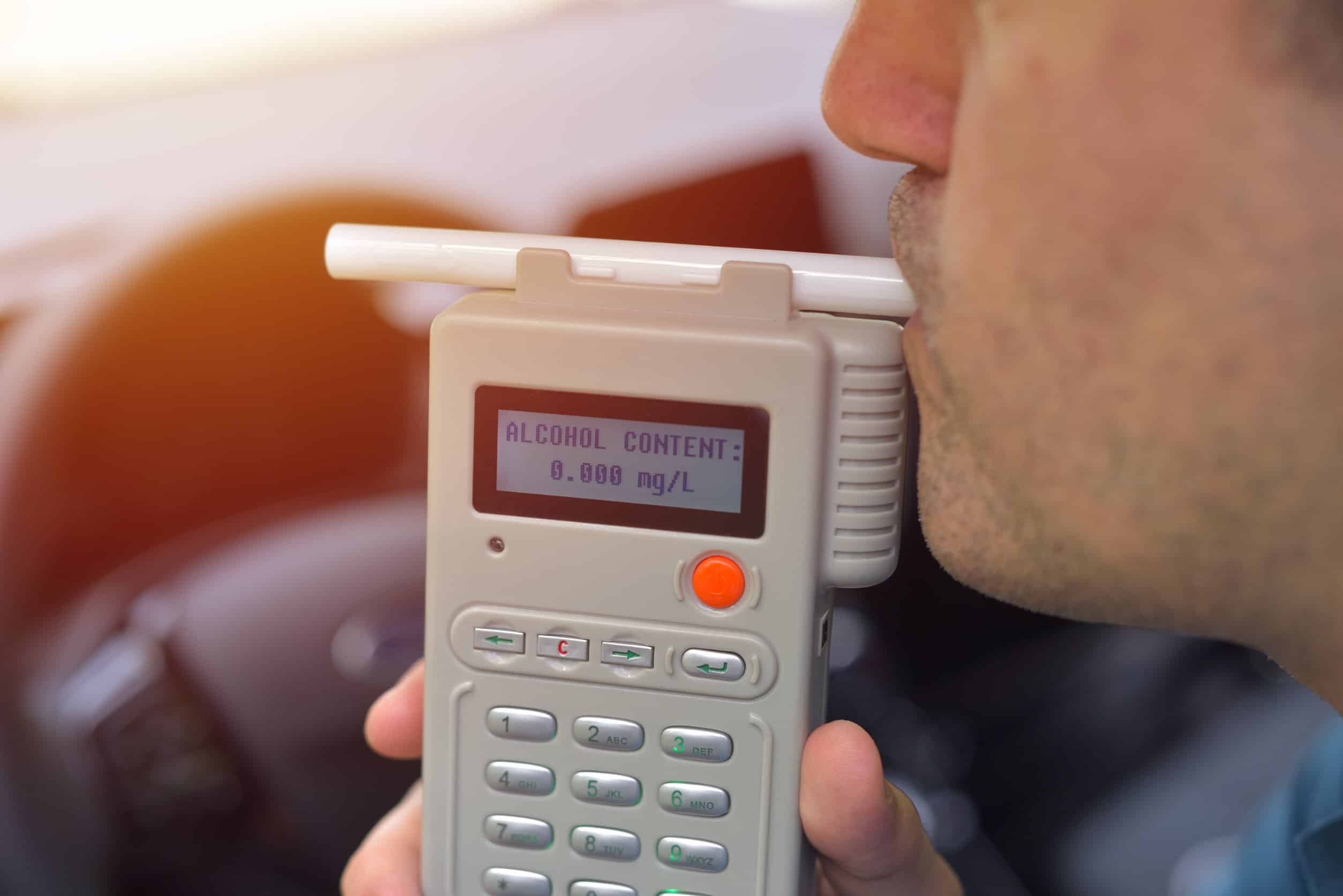Steps to Take After a MN DWI Arrest

No matter how you got there, when you get pulled over and arrested for a DUI, you’re probably going to be worried. Most people don’t have a lot of experience interacting with police, much less being arrested by them.
However, there are some steps you can and should take after being arrested for driving while intoxicated in Minnesota that can help you get through it and set yourself up for a better chance when you go in front of a judge.
Here is what you need to know about DWIs in Minnesota and the specific steps you should take in the wake of a DWI arrest in the state.
DWI Law in Minnesota
In the state of Minnesota, driving while intoxicated charges can also be referred to as a DUI. Both describe operating, being in control of, or driving a motor vehicle while under the influence of drugs or alcohol. DWI also involves a blood alcohol level of 0.08 percent or higher, or having any amount of a Schedule I or Schedule II drug in your system.
After lawfully being arrested for a DWI by police, it is a crime in our state to refuse a chemical test to confirm the presence of drugs or alcohol in your system. This is what is referred to as implied consent. It means that if you are driving a vehicle on Minnesota roads, your consent to testing is implied if the police have probable cause to believe you’re operating a vehicle under the influence.
Minnesota DWI Penalties
If you are accused of perpetrating a DWI, you face two possible types of penalties: criminal and administrative penalties. If aggravating factors are involved in the case, then the severity of the penalties will go up.
The criminal penalties you may face can vary widely. For misdemeanor charges, you can spend up to three months in jail and be made to pay fines of as much as $1,000. For a felony DWI, those convicted can face up to seven years behind bars and be responsible for fines of as much as $14,000.

Administrative penalties for a DWI in Minnesota include having your driver’s license revoked, having the license plate for your car impounded, and – in the worst of cases – having your vehicle forfeited.
Some of the aggravating factors that can influence the penalties you face include:
● A blood alcohol content of 0.16 percent or higher
● Prior DWI offenses over the last 10 years
● A child under the age of 16 in the car at the time of your arrest
A DWI can stay on your record for life, but those who are convicted of a misdemeanor or gross misdemeanor DWI can have their record expunged in the future with the help of an experienced attorney.
Steps to Take When Arrested for a Minnesota DWI
If you are pulled over and subsequently arrested for a DWI in Minnesota, it’s important to first and foremost keep your cool. You might be worried about what will happen to you, but focusing on what you can control can help you get through this.
Don’t Say Too Much
You want to avoid incriminating yourself, but you also must speak to the officer. Give them your name as well as your license, insurance information, and registration. You can refuse to answer any questions they ask you, including if you’ve been drinking or how much you’ve had to drink.
Once you reach the police station, you should be read your rights and then they may want to question you further. In a polite way, decline any additional questioning until you have an attorney present – which is your right under the law.
Take the Test
As previously mentioned, you cannot refuse a chemical test. Your best bet is to take a breathalyzer test if it is offered, since it is more unreliable than other types of chemical tests and will offer more room to question its validity down the road with the help of your attorney.
Write It All Down

After you’ve been booked and released, you should write down everything you can remember about the arrest. This will help you to recall the facts later, and will also help your attorney in formulating a strong defense for you.
One of the most important things you can do if you’re arrested for a DWI in Minnesota is to get an attorney as soon as possible.
About the Author:
Andrew T. Poole is a Minnesota native who has served in the Army for more than 18 years and is currently a JAG lawyer in the Army Reserves in addition to serving as a partner at LaCourse, Poole & Envall. He has handled thousands of criminal and family law cases over the course of his career and has a firm belief that all hardworking Minnesotans should be entitled to the best possible legal counsel. Mr. Poole boasts a 10/10 Superb rating on Avvo, is Lead Counsel rated, and has been recognized multiple times by SuperLawyers, National Trial Lawyers, and others for his work.
















